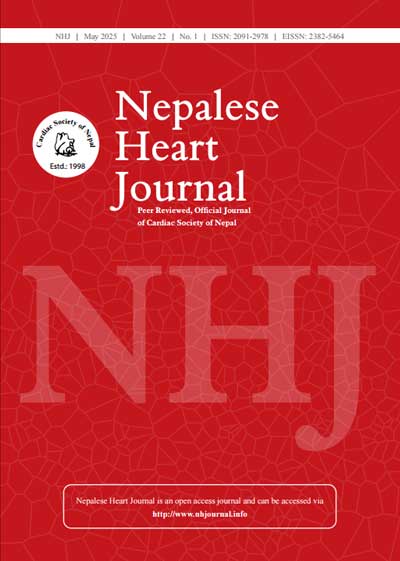Some common study types and the appropriate guidelines are listed below..
You may need to use more than one guideline, depending on your research. For example, if you randomly assigned human participants to one of two interventions, then conducted unstructured interviews with each participant, you will need to use CONSORT, COREQ, and TIDIER together. To make sure you collect all of the relevant guidelines, check each major heading, even if you have already found a relevant guideline under a previous major heading.
If you are reporting a protocol
- Use the SPIRIT guideline for the protocol of a clinical trial
- Use the PRISMA-P guideline for the protocol of a systematic review
If you are reporting a review of a section of the existing literature
- Use the ENTREQ guideline for a review of studies that use descriptive data, such as unstructured interviews (qualitative data)
- Use the MOOSE guideline for a review of observational studies
- Use the PRISMA guideline for any other kind of systematic review or meta-analysis
If you are reporting on animal research
- Use the ARRIVE guideline for research on animals in a lab
- Use the REFLECT guideline for research on livestock
If you are reporting descriptive data (either alone or alongside quantitative data)
- Use the COREQ guideline for reporting unstructured interviews and focus groups
- Use the CARE guideline for reporting one case study or a series of case studies, (SCARE for surgical case report)
- Use the SRQR guideline for any other descriptive data (qualitative research)
If you are reporting research into diagnosis
- Use the STARD guideline if you compared the accuracy of a diagnostic test with an established reference standard test
- Use the REMARK guideline if you evaluated the prognostic value of a biomarker
-Use the TRIPOD guideline if you developed, validated, or updated a prognostic or diagnostic prediction modelling tool.
If you are reporting research into an intervention or treatment on people
- Use the TIDIER guideline to fully describe your intervention
- Use the CHEERS guideline for an economic evaluation of the interventions
If you are reporting research into an intervention, treatment, exposure, or protective factor on people
- Use the CARE guideline for reporting one case study or a series of case studies, (SCARE for surgical case report)
- Use the CONSORT guideline or one of its extensions:
If you selected your participants before they received the intervention/exposure/etc. under study, AND
You controlled which intervention/exposure/etc. they each received, AND
You used a random allocation method to decide which intervention/exposure/etc. they each received.
ie: a randomised controlled trial
Use the STROBE guideline or one of its extensions:
- If you selected your participants after they received the intervention/exposure/etc. under study, OR
- You selected your participants before they received the intervention/exposure/etc. under study AND you did not control which intervention/exposure/etc. they received (they decided/their doctor decided/life just happened)
ie: an observational study (cross-sectional, case-control, cohort)
Use the TREND guideline:
- If you selected your participants before they received the intervention/exposure/etc. under study, AND
- If CARE , CONSORT, and STROBE are not applicable to your research AND
- You used a non-random way to decide which intervention/exposure/etc. your participants received, such as which hospital they went to or what their clinical symptoms were.
ie: a non-randomised trial
Clinical Trials
NHJ follows the World Health Organization’s (WHO) definition of a clinical trial:
"a clinical trial is any research study that prospectively assigns human participants or groups of humans to one or more health-related interventions to evaluate the effects on health outcomes. Clinical trials may also be referred to as interventional trials. Interventions include but are not restricted to drugs, cells and other biological products, surgical procedures, radiologic procedures, devices, behavioural treatments, process-of-care changes, preventive care, etc."
Registering Clinical Trials
All clinical trials submitted to NHJ must be entered in a publicly accessible registry approved by the WHO or ICMJE. See the list of approved registries. (https://www.who.int/ictrp/network/primary/en/)
NHJ consider prospective trial registration (that is, registration before participant enrollment has begun) to be best publication practice, as recommended by the ICMJE. We follow ICMJE that the trial submitted to NHJ has to be registered in a public trials registry at or before the time of first patient enrollment and must contain a data sharing statement.

